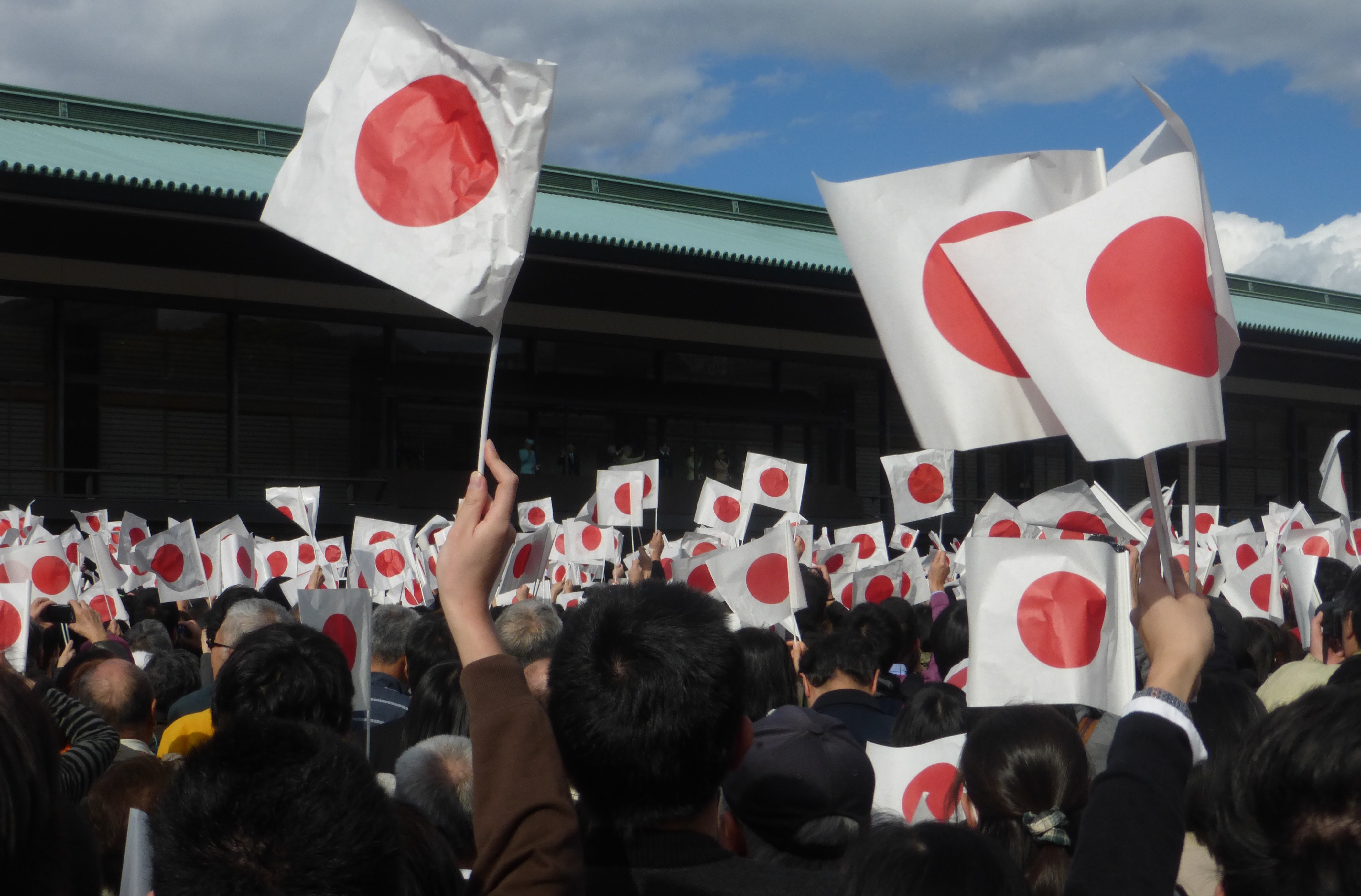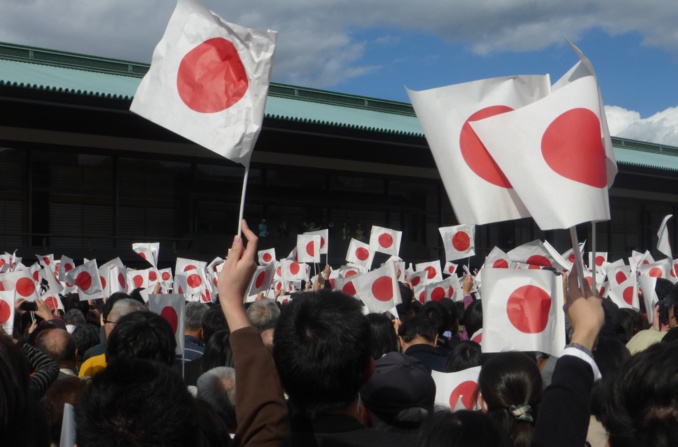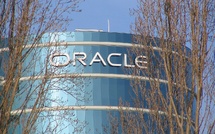US Assistant Secretary of State for East Asia and Pacific David Stillwell arrived in Seoul on Tuesday. The main purpose of the trip is to discuss the Korean-Japanese Agreement on the General Security of Military Information (GSOMIA). In August this year, South Korea decided not to renew the treaty, which came as a surprise to both the Japanese authorities and the United States, Seoul’s key ally. Then the deputy head of the Pentagon Randall Shriver said that this decision took him by surprise. In August, the parties tried to resolve the conflict on a bilateral basis, but the meeting of the Deputy Foreign Ministers of South Korea and Japan, Kim Yong-han and Kenji Kanasugi, did not bring any results. Now the allies will reconcile Washington.
On July 4, Japan restricted the export to Korea of three chemical products that are extremely important in the production of microelectronics. In fact, they thereby undermined the basis of the economy of South Korea. Tokyo also excluded it from the list of most-favored nation in trade. The response to these actions was the decision of South Korea to withdraw from the Agreement on the General Security of Military Information.
On the eve of Mr. Stillwell’s trip, Tokyo and Seoul formally showed a desire to restore dialogue. So, on November 4, on the sidelines of the ASEAN + 3 summit (the Association of Southeast Asian Nations together with China, the Republic of Korea and Japan), the first since the beginning of the year bilateral meeting of South Korean President Moon Jae-in and the Japanese Prime Minister Shinzo Abe took place. During the 11-minute discussion, the leaders of the two countries did not reach specific agreements. But Prime Minister Moon said the meeting “could be the starting point for dialogue.”
source: reuters.com, japantimes.co.jp
On July 4, Japan restricted the export to Korea of three chemical products that are extremely important in the production of microelectronics. In fact, they thereby undermined the basis of the economy of South Korea. Tokyo also excluded it from the list of most-favored nation in trade. The response to these actions was the decision of South Korea to withdraw from the Agreement on the General Security of Military Information.
On the eve of Mr. Stillwell’s trip, Tokyo and Seoul formally showed a desire to restore dialogue. So, on November 4, on the sidelines of the ASEAN + 3 summit (the Association of Southeast Asian Nations together with China, the Republic of Korea and Japan), the first since the beginning of the year bilateral meeting of South Korean President Moon Jae-in and the Japanese Prime Minister Shinzo Abe took place. During the 11-minute discussion, the leaders of the two countries did not reach specific agreements. But Prime Minister Moon said the meeting “could be the starting point for dialogue.”
source: reuters.com, japantimes.co.jp



















